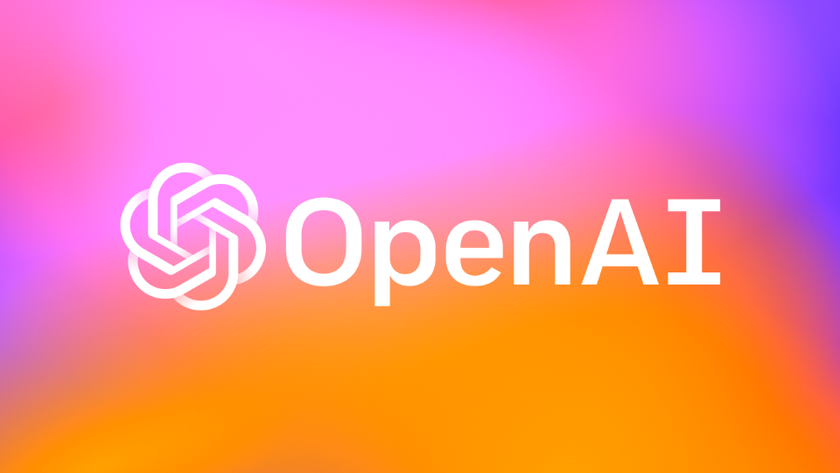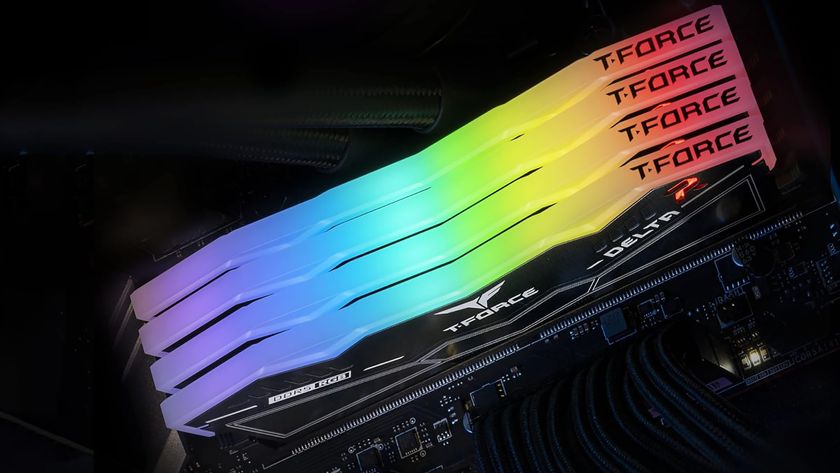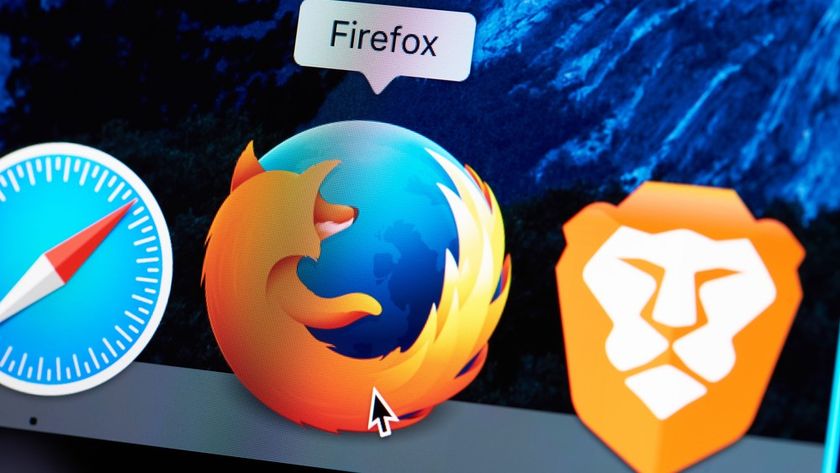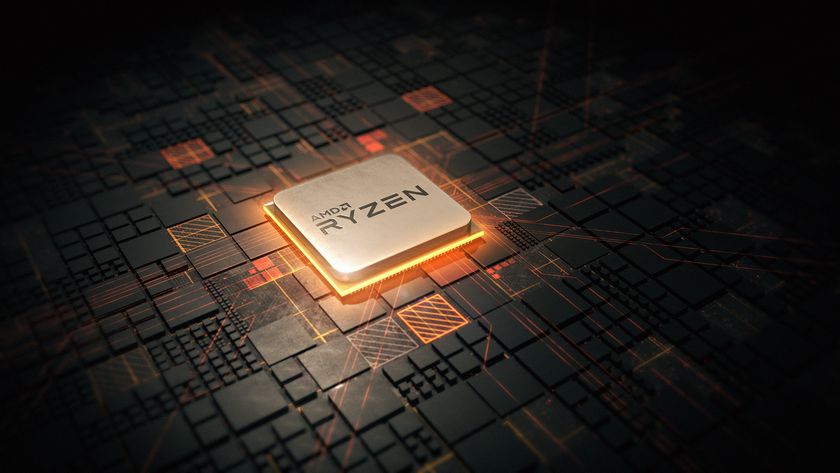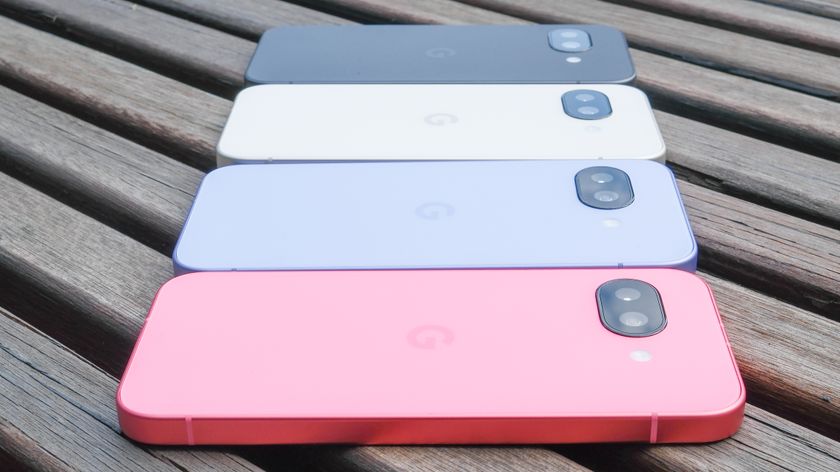Intel under fire over its face-reading AI
Intel has partnered with Class Technologies on face-reading AI for Zoom classes

A few weeks ago, Intel announced a partnership with Class Technologies, an e-learning startup working on an artificial intelligence that can detect the emotions of students.
"Intel is dedicated to ensuring teachers and students have access to the technologies and tools needed to meet the challenges of the changing world," said Intel's Michael Campbell at the time. "Through technology, we have the ability to set the standard for impactful synchronous online learning experiences that empower educators."
The tools from Class Technologies work with Intel-based CPUs and Zoom, the video calling service. The goal is to analyze the emotions of students and provide insights to teachers.
The pandemic caused almost all schooling across the world to move online, often facilitated by video calls, with varying degrees of success. An early concept of Class's technology aims to see whether students are less engaged.
"As Class works toward achieving its mission to change the way the world learns, it is technology innovators like Intel that will help us enhance the virtual learning experience for educators and students alike," said Class CEO Michael Chasen.
"With Intel's leading technologies and expertise, Class will further improve accessibility and user experience across all platforms, including Intel processor-based PCs."
But not everyone is happy...
Are you a pro? Subscribe to our newsletter
Sign up to the TechRadar Pro newsletter to get all the top news, opinion, features and guidance your business needs to succeed!
A flawed premise?
But wait, you might be thinking: how can an AI analysing a grainy image from a webcam possibly seek to successfully detect the emotions of students?
Speaking to Protocol, critics from multiple fields expressed severe reservations over the proposed system from Class and Intel. Research has found that people express themselves in almost infinite ways, essentially nullifying such a system.
"Students have different ways of presenting what’s going on inside of them,” said education Todd Richmond, speaking to Protocol. “That student being distracted at that moment in time may be the appropriate and necessary state for them in that moment in their life."
As the pandemic has continued, classrooms have become a site for a lot of technological experimentation.
Online proctoring services have received heavy criticism – and are now being discontinued in some schools – after seeing a surge in use by American schools to help monitor students during exams.
Intel and Class represent only the latest example of surveilling students and coming to conclusions about their behaviour without, well, actually asking them.
“We’re able to look at faces and classify them into different emotional expressions established by psychologists that are pretty standard out there,” said Patrick Ehlen, Uniphore’s vice president of AI.The trend of embedding pseudoscience into "AI systems" is such a big one.April 14, 2022
For their part, Intel and Class insist that their intent isn't to judge or penalize students but help create better lessons by analysing engagement from those attending. As Protocol highlights, however, the line between these things is thin.
Max Slater-Robins has been writing about technology for nearly a decade at various outlets, covering the rise of the technology giants, trends in enterprise and SaaS companies, and much more besides. Originally from Suffolk, he currently lives in London and likes a good night out and walks in the countryside.
